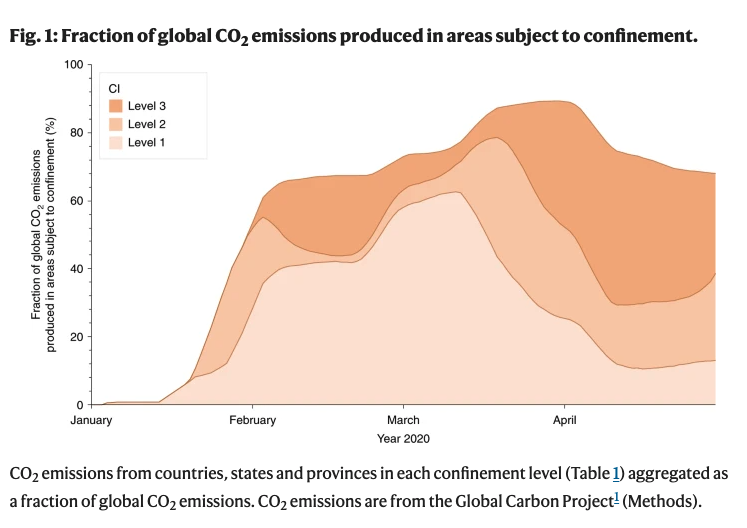Easter is the perfect time to stop and review the new goals we set for ourselves at the beginning of the year. We all know that many of our wish lists will never be accomplished and this has led me to reflect on the concept of change and its many implications.
When I think of change, the same idea always comes to my mind: How difficult it is to change oneself, even when one fervently desires it, as to change others…
Change is difficult. In theory, challenging inertia and the consolidated spaces of comfort, is within everyone’s reach and yet very few manage to put it into practice. And the fact is that changing habits of any kind requires extraordinary impetus and strength.
We have seen it in our way of working. There has had to come a world pandemic (I cannot think of a worse hecatomb) to overthrow the old convictions and to establish teleworking from one day to another.
Let’s review some ideas and data that this situation has brought to the table. When a company opts for teleworking, not only does it do so to facilitate work-life balance or flexibility, data has shown that remote work has led to a reduction in the levels of air pollution in our cities. Never before have there been such drastic drops in the emission of gasses from road transport vehicles.
The study published in the journal ‘Nature Climate Change’, highlights that Spain suffered a 32% drop in GHG levels, with respect to 2019 data, in the months of strict confinement. Globally, the decrease was 17% at the beginning of April 2020 and almost half of this reduction was due to the transport sector.

According to the report ‘Ozone pollution in the Spanish State during 2020‘, by Ecologists in Action, in the Community of Madrid, the first European city with the highest mortality due to pollution from traffic, emissions of this gas were reduced by 27% between January and September 2020.
When a company like ours decides to go for an extensible telework model beyond the end of the pandemic, it means that it is contributing to the environment, to people’s health, and above all, it means that it has been able to change itself in favor of the demands that our society requires to achieve more sustainable lifestyles.

Some of the positive impacts of remote working on our environment is that we have reduced noise and chemical pollution. Also the possibility of working remotely has produced a temporary migration of people to rural areas, distributing and diversifying the micro-economy in the depopulated areas of Spain.
There are many voices that urge to maintain remote work after the pandemic, but not all companies will do it. Therefore, we must recognize the courage of those companies that listen, that are willing to reinvent their working models and that take into account data such as the calculations published by Greenpeace in its report ‘One year of remote work: its impact on mobility and CO₂ emissions‘, one day of teleworking a week reduces transport emissions by 3%, favoring the saving of 400 tons per day of carbon dioxide (CO₂) for example in the Community of Madrid or 600 tons in the province of Barcelona.
On the other hand, I feel that remote practice still has a long way to go. It is necessary to improve several aspects of regulation, methodology to ensure effectiveness and network infrastructure guaranteeing quality work from the most faraway places.

In short, change is on our side, and a change in the working model opens new doors to social and environmental change.
And I can only feel grateful and proud to be able to participate. I have never before had the opportunity to be able to design my life as I do at this moment. It is a great opportunity and a great responsibility. I hope to do well.
So, thank you Stratio for betting on change. 🙂





